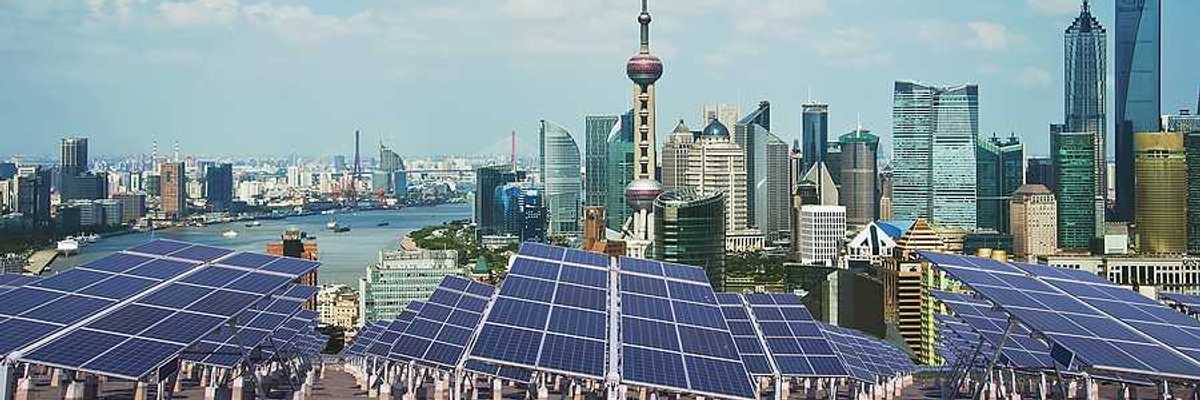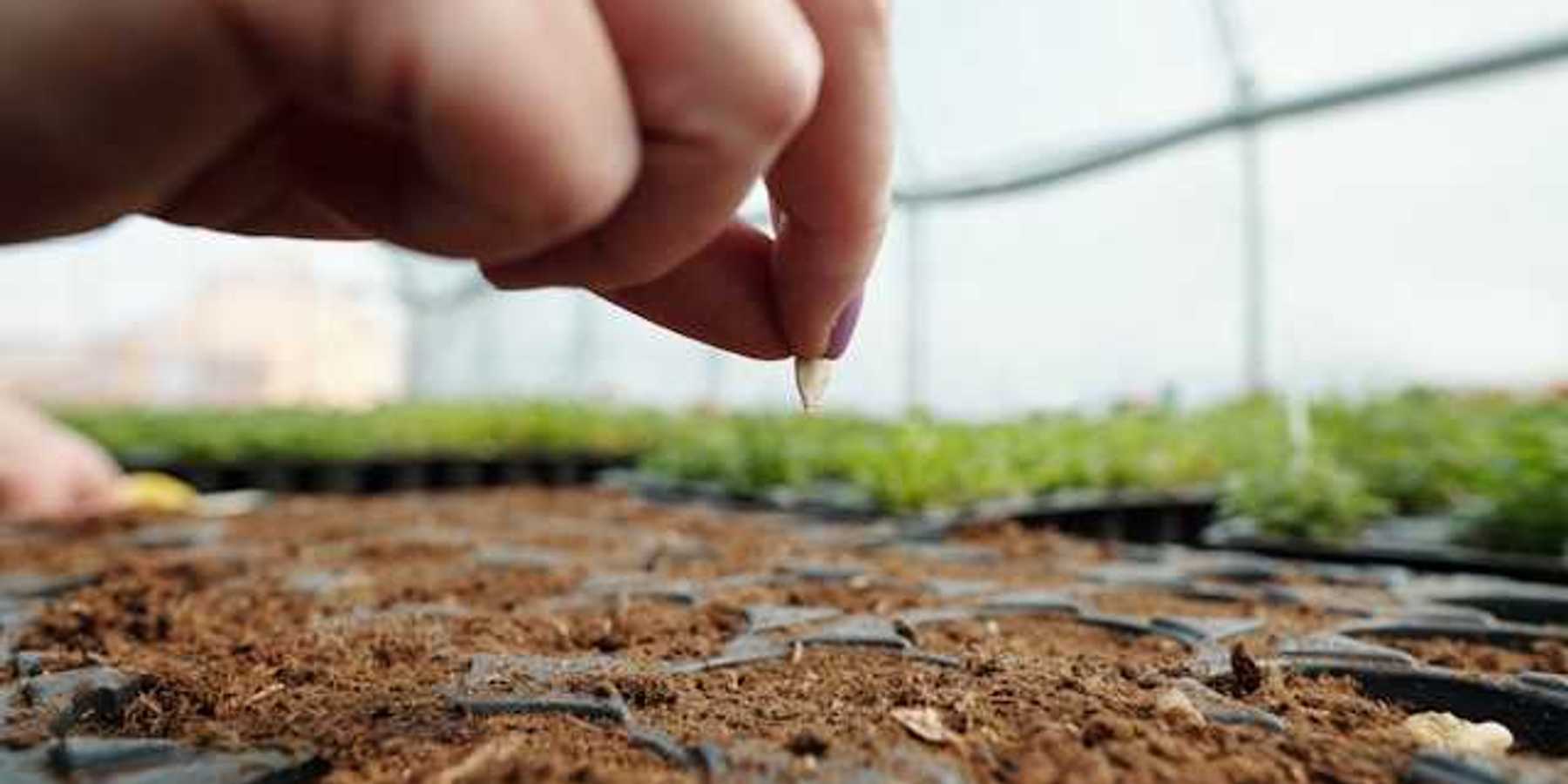global treaty on plastic pollution
Reimagining plastic usage to combat pollution
In an interview with CBC, environmental scientist Pete Myers advocates for a significant reduction in plastic production and emphasizes the urgent need to address plastic pollution's health impacts.
In short:
- Pete Myers, chief scientist at Environmental Health Sciences, highlights the toxic health impacts of plastics and stresses the need for urgent reductions in their production.
- Myers criticizes the notion of recycling as a solution, suggesting it distracts from more effective measures like limiting virgin plastic production while Nestlé and other corporations call for collaborative global rules with less emphasis on production caps.
- Canadian Environment Minister Steven Guilbeault acknowledges the need to eliminate the most harmful plastics but expresses hesitation about imposing a cap on all plastic production.
Key quote:
“We have the ability to use the science we have today, which we didn't have when plastic was invented. We know why some plastics are safe and some aren't. And let's use that information, that chemical information, to design safer materials.”
— Pete Myers, chief scientist at Environmental Health Sciences
Why this matters:
Plastic pollution has penetrated every corner of our planet, threatening ecosystems and human health. Read more: Exposure to chemicals in plastics linked to cancer diagnoses.
Global plastic treaty talks stall without consensus
Talks were scheduled to end on Monday but continued overnight as negotiators sparred over how to address overproduction.
In short:
- Delegates could not reach an agreement on setting sustainable plastic production limits, despite extending negotiations beyond the initial deadline.
- Countries committed to further technical discussions before the final negotiations in Busan, focusing on identifying hazardous plastics and redesigning packaging.
- More than 50 countries supported analyzing sustainable production levels, but faced opposition from major petrochemical producers.
Key quote:
"Science is clear: we must first address the unsustainable levels of plastic production if we want to end plastic pollution globally.
— Christophe Bechu, France's minister for ecological transition.
Why this matters:
Understanding and controlling plastic production is critical for global health and the environment, as unmanaged plastic waste is a major driver of pollution and climate change. Read more: “Plastic People” — A documentary that changed my view on plastics.
Ottawa talks aim to forge a global treaty on plastic pollution
International discussions continue in Canada, aiming to finalize a global treaty to combat plastic pollution by year's end.
In short:
- A potential global treaty on plastic pollution is being negotiated, with the aim to regulate the entire lifecycle of plastics, from production to disposal.
- Contentious debates focus on production limits and transparency requirements among nations and industry.
- The negotiations involve a wide range of participants, including nations, industry representatives, scientists and environmental groups, with final talks scheduled for December in South Korea.
Key quote:
"The plastic industry now accounts for 5% of global carbon emissions, which could grow to 20% by 2050 if current trends continue."
— U.S. federal Lawrence Berkeley National Laboratory report
Why this matters:
This treaty represents a major global effort to address not only the rapidly accelerating environmental impact of plastics, which pollute landscapes and waterways, but also their significant contribution to global carbon emissions. A growing number of scientists and advocates, however, say the treaty negotiations have not put a strong enough priority on protecting human health. For more on that, read: “Plastic will overwhelm us:” Scientists say health should be the core of global plastic treaty.









